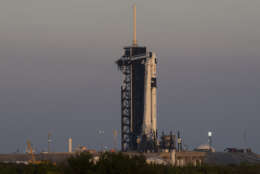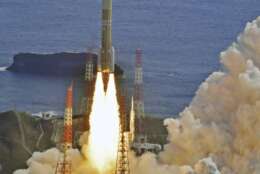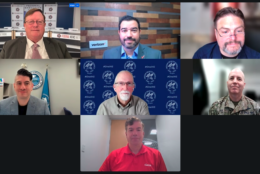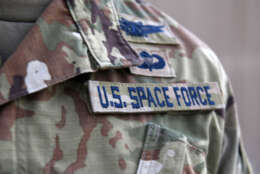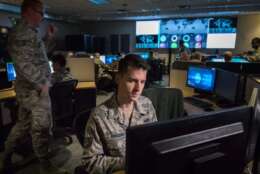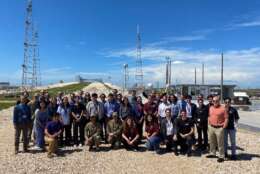Radio Interviews
-
You can't overlook the role venture capitalists have played in the rise of the commercial space industry.
August 16, 2024 -
Brandon Wales, the now former executive director of CISA, said in an “exit” interview agencies have more resilient federal cybersecurity architecture today.
August 15, 2024 -
I recently got to speak with Dr. John Mulcahaey, who is director and chair of the Carnegie Observatories.
August 15, 2024 -
Matt House, CDM program manager at CISA, said his office is ready to expand its cyber tools to cloud instances to better mitigate evolving cyber threats.
August 08, 2024 -
Michael Anthony, the chief information officer of the NTSB, said AI would improve access to information and make decision making better.
August 05, 2024 -
I recently had a chance to speak with Alex Carrella CEO of MSI-DFAT, and Bradley Hope, who is the U.S. Area Sales Manager.
August 02, 2024 -
How are agencies profiling a successful IT modernization strategy and what is the vision for the future?
July 30, 2024 -
Col. Craig Frank, the CIO of the Space Systems Command, said to reduce cyber risks satellites and ground control systems are using zero trust capabilities.
July 29, 2024 -
Space Hour host Eric White spoke to Dylan Powell, Lead Strategist for Weather and Earth Science at Lockheed Martin.
July 25, 2024 -
An academic course endorsed by the Defense Department and delivered by accelerator company BMNT aims to help science and engineering students.
July 15, 2024 -
Mina Hsiang, the administrator of the USDS, said its recently-released annual report highlights the office’s impact in real numbers and success stories.
July 12, 2024 -
Lt. Col. Keith Jordan, in the Army’s PEO-C3T, said a recent draft solicitation is a key step in the Unified Network Operations (UNO) initiative.
July 11, 2024 -
The Air Force Research Laboratory (AFRL) and NASA are collaborating with eight American universities for the second year of the Mission Concept Program.
July 05, 2024 -
Regulatory boxes need to be checked to get your space project underway. This can be hard for companies with smaller budgets and legal resources.
July 05, 2024 -
Voyager Space has entered into an agreement with NASA's Marshall Space Flight Center to help develop an airlock for the Mars Transit Vehicle.
July 05, 2024

